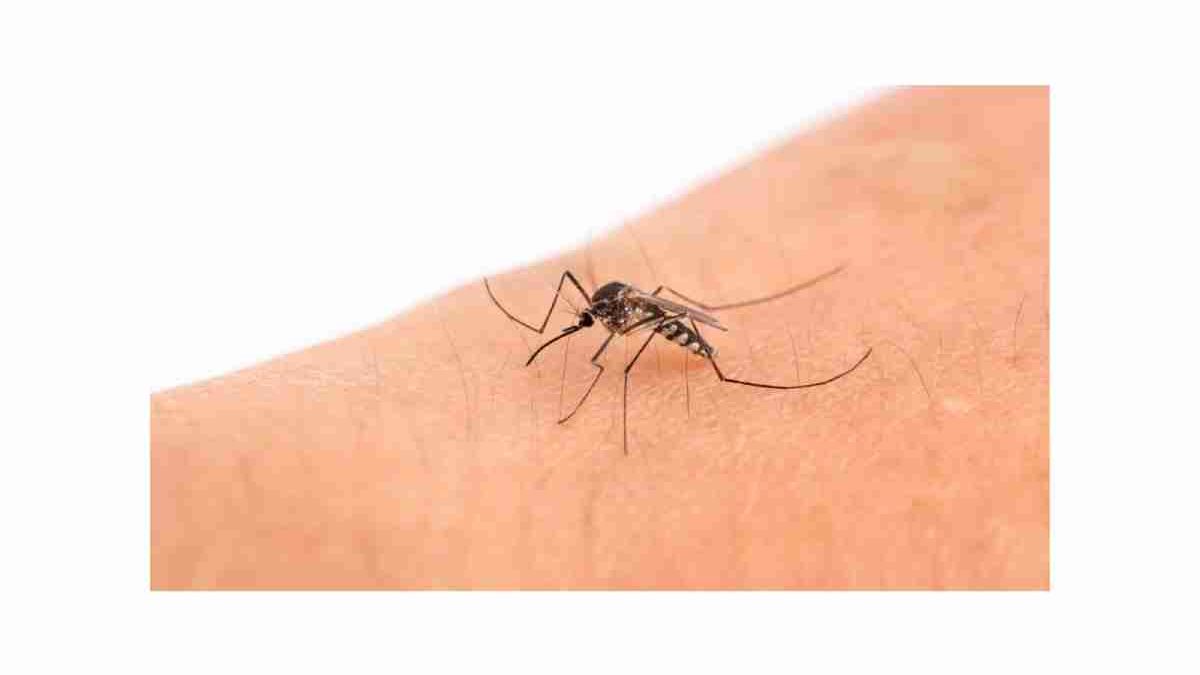What is Bitesolgemokz Chemical?
If you’ve been searching for what is bitesolgemokz chemical, you’re not alone! Many people are curious about this term and how it fits into the world of chemistry. Whether it relates to chemical reactions, BBC Bitesize chemistry resources, or different types of chemical changes, we’re diving deep into this topic to clear up the confusion.
Table of Contents
What is Bitesize Chemical GCSE?
Bitesize Chemical GCSE is a popular online learning resource from BBC Bitesize designed for students preparing for their General Certificate of Secondary Education (GCSE) exams. It covers various topics such as:
- Atomic structure and bonding
- Periodic table trends
- Chemical reactions and energy changes
If you’re a student, BBC Bitesize is a great place to revise key chemistry concepts with easy-to-understand explanations and interactive quizzes.
Physical and Chemical Changes BBC Bitesize KS3
At KS3 (Key Stage 3) level, chemistry students learn about physical and chemical changes. BBC Bitesize KS3 covers this by explaining:
- Physical changes – No new substance is formed (e.g., melting ice, boiling water).
- Chemical changes – A new substance is created (e.g., burning wood, rusting iron).
- Reversible vs. irreversible reactions – Some changes can be undone, while others cannot.
A good way to remember this is: If a change involves breaking and forming bonds, it’s chemical!
What is a Chemical Reaction? Explain with an Example
A chemical reaction occurs when substances combine or break apart to form new substances. This process involves the rearrangement of atoms and can be represented using a chemical equation.
Example: Combustion of Methane
- Equation: CH₄ + 2O₂ → CO₂ + 2H₂O
- Explanation: Methane (CH₄) reacts with oxygen (O₂) to produce carbon dioxide (CO₂) and water (H₂O).
- Why it’s chemical? New substances (CO₂ and H₂O) are formed, and bonds are broken and reformed.
BBC Bitesize Chemistry GCSE
The BBC Bitesize Chemistry GCSE section provides study guides, quizzes, and animations to help students master chemistry concepts. Key topics include:
- Chemical bonding – Ionic, covalent, and metallic bonding.
- The periodic table – Group trends and reactivity.
- Acids, bases, and salts – pH scale and neutralization reactions.
If you’re prepping for GCSE exams, this is a must-use revision tool.
7 Signs of a Chemical Reaction
How do you know if a chemical reaction has taken place? Look for these seven signs:
- Change in color – Rust forming on iron.
- Change in temperature – Fire releasing heat.
- Formation of a gas – Bubbles in vinegar and baking soda.
- Precipitate formation – A solid forming in a liquid.
- Light emission – Fireworks glowing.
- Odor production – Rotten eggs releasing sulfur smell.
- Irreversibility – Burning paper.
These clues help chemists identify when a reaction has occurred!
BBC Bitesize Chemistry A Level
If you’re studying A-Level Chemistry, BBC Bitesize offers advanced resources on:
- Organic chemistry – Study of carbon-based compounds.
- Thermodynamics – Energy changes in reactions.
- Equilibria and kinetics – Rates of reactions and dynamic equilibrium.
A-Level chemistry builds on GCSE topics, diving deeper into real-world applications of chemistry.
Types of Chemical Reactions Class 10
In Class 10 Chemistry, students learn about the five main types of chemical reactions:
| Type of Reaction | Example |
|---|---|
| Combination | 2H₂ + O₂ → 2H₂O |
| Decomposition | 2H₂O → 2H₂ + O₂ |
| Displacement | Zn + CuSO₄ → ZnSO₄ + Cu |
| Double Displacement | AgNO₃ + NaCl → AgCl + NaNO₃ |
| Redox (Oxidation-Reduction) | Fe + O₂ → Fe₂O₃ (Rusting) |
Understanding these reactions helps students predict and balance equations.
What Type of Chemical Reaction Releases Energy from a Fuel?
The combustion reaction is the type that releases energy from a fuel. This reaction occurs when a fuel (like gasoline or methane) reacts with oxygen to release heat and light.
- Example: C₈H₁₈ + 12.5O₂ → 8CO₂ + 9H₂O + Energy
- Why important? This reaction powers cars, stoves, and power plants.
- Types of combustion:
- Complete combustion – Produces CO₂ and water.
- Incomplete combustion – Produces CO (carbon monoxide), a toxic gas.
Final Thoughts
So, now you know what is bitesolgemokz chemical and how it relates to chemical reactions, BBC Bitesize chemistry resources, and fuel combustion. Chemistry is all around us, and understanding its basics can make everyday phenomena more interesting!


